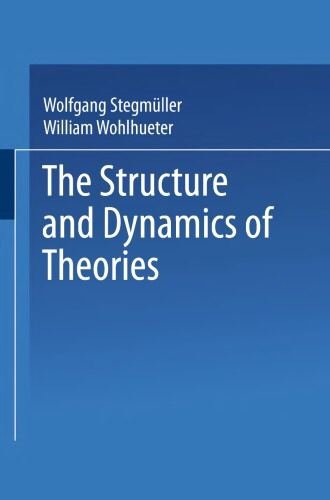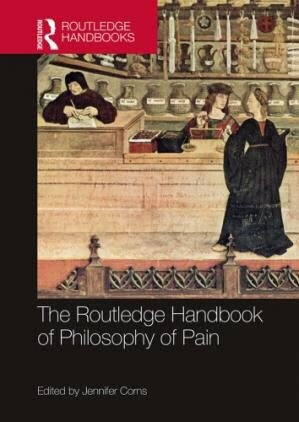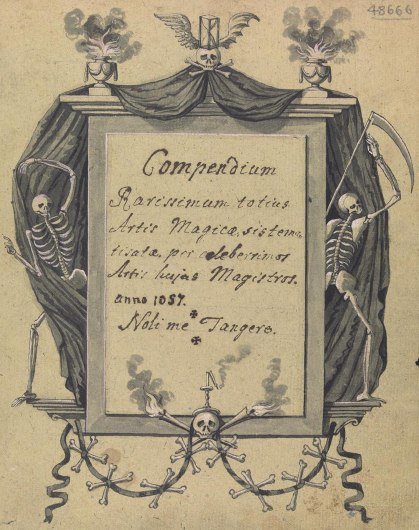

William James, Empiricism and Pragmatism
Private Book Reader
Upload and read your personal PDF books in our secure reader
Read Your Private BookShort Audio Book Summary
William James, Empiricism and Pragmatism Summary
0:00 / 0:00Reviews
No review yet. Be the first to review this book!
Description
William James, Empiricism and Pragmatism focuses on William James’s profound contributions to philosophy, particularly his development of pragmatism and his reinterpretation of empiricism. James, one of the most influential American philosophers and psychologists, bridged the gap between scientific empiricism and philosophical speculation, offering a dynamic, pluralistic view of truth, experience, and reality. At the heart of James’s empiricism is what he calls radical empiricism, a philosophical method that emphasizes the immediacy of experience and its primacy over abstract theorizing. Unlike traditional empiricism, which often relies on sensory data as the foundation for knowledge, James’s radical empiricism asserts that relations are just as directly experienced as sensory particulars. For James, experience is a continuous flux, where objects and the relations between them are both part of the same field of reality. This perspective leads him to reject the sharp dualisms of subject and object, mind and world, suggesting a monistic but pluralistic universe of pure experience. In his pragmatism, James develops a theory of truth and meaning grounded in practical consequences. He argues that the truth of an idea or belief lies in its practical effects and its ability to guide successful action. Truth is not a static correspondence with an objective reality but is "made true" through verification in experience. James famously stated that pragmatism is a method for settling metaphysical disputes by tracing the practical implications of differing conceptions and seeing how they work in lived experience. James’s pragmatism also emphasizes pluralism, the idea that reality is not a single, fixed, monolithic entity but an open and evolving process composed of many possibilities. This pluralistic outlook resists deterministic or closed systems of thought, favoring instead a universe "still in the making", where chance, novelty, and human freedom have genuine roles. Another key element in James’s philosophy is his radical openness to religious and mystical experiences, which he treats as valid components of human experience deserving serious philosophical attention. His empiricist openness allows him to explore these non-ordinary states of consciousness without reducing them to pathology or dismissing them as irrelevant to philosophy. In summary, William James’s empiricism and pragmatism collectively propose a philosophy of experience, where truth, reality, and knowledge are understood through practical engagement and lived experience. He offers a flexible, open-ended approach to philosophical problems, emphasizing the importance of human action, choice, and the ongoing construction of meaning in an evolving, pluralistic world. His work continues to influence contemporary philosophy, psychology, and religious studies, especially debates around truth, knowledge, and the nature of reality.

 May 03, 2025
May 03, 2025



















.jpeg)



.jpg)




.jpg)






.jpeg)

.jpg)






.jpeg)
.jpg)

.jpg)





.jpeg)



.jpeg)






.jpg)


.jpg)








.png)















































